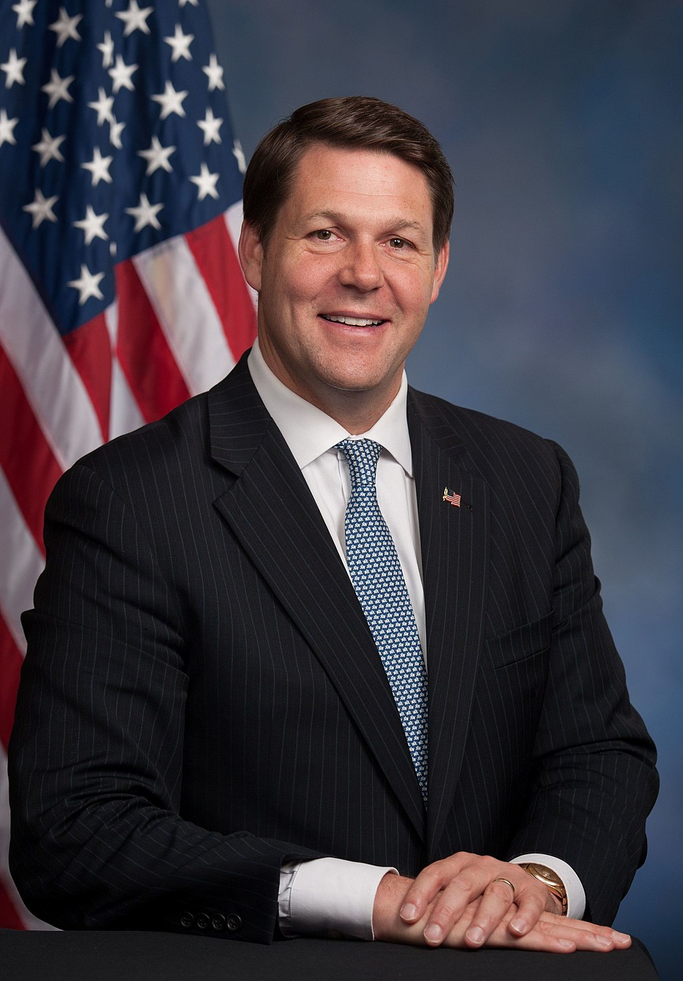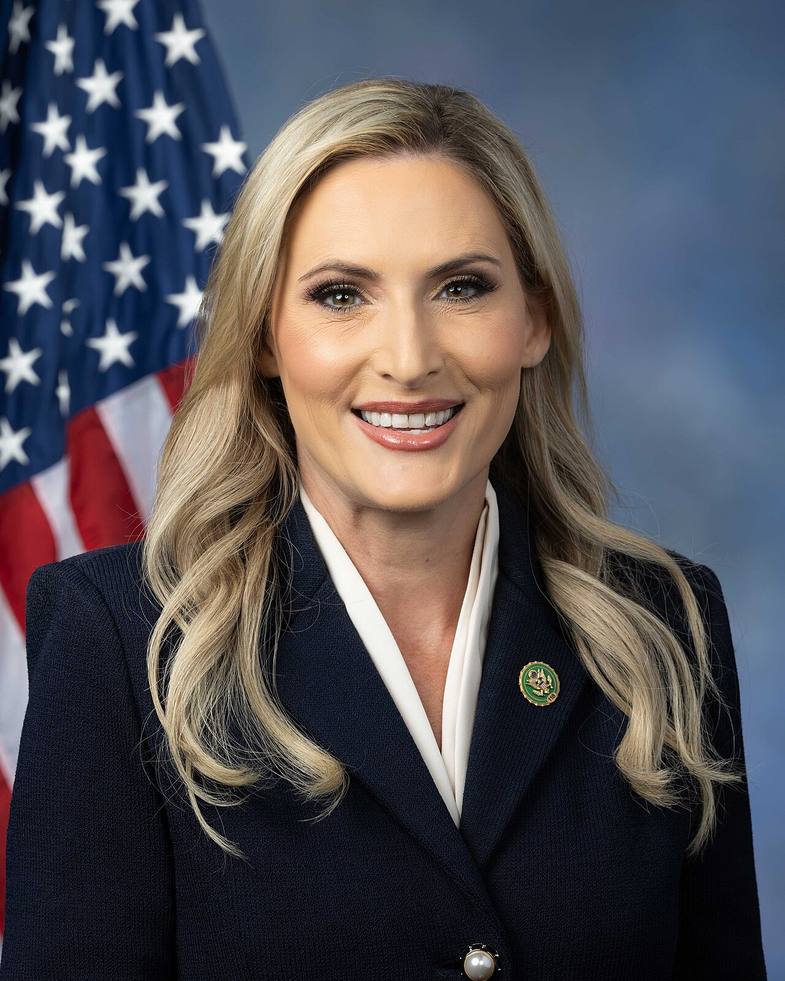H.R. 4780: Use Sovereignty To reduce Rx Act
This bill, known as the "Use Sovereignty To Reduce Rx Act" or "USTRx Act," aims to address concerns related to international trade practices that are perceived to exploit U.S. pharmaceutical innovation. Here’s a breakdown of its main components:
Purpose of the Bill
The bill is intended to identify and take actions against high-income countries that engage in trade practices which are seen as detrimental to the U.S. pharmaceutical sector. It emphasizes the importance of protecting U.S. innovations and ensuring that foreign policies do not undermine the financial viability of developing new medicines.
Findings of Congress
The bill articulates several findings regarding pharmaceutical pricing and global competition:
- Foreign price controls on drugs can distort global trade by lowering prices and adversely affecting U.S. innovations.
- These price controls may deter investment in the discovery of new medicines and limit access to groundbreaking treatments for U.S. consumers.
- The bill stresses the need for the U.S. to utilize its trade tools to counteract the negative effects of these international practices.
Chief Pharmaceutical Trade Negotiator
The bill proposes the establishment of a Chief Pharmaceutical Trade Negotiator within the United States Trade Representative's office. This individual would focus on:
- Conducting negotiations related to pharmaceutical trade.
- Enforcing trade agreements that pertain to U.S. pharmaceutical products.
- Addressing adverse international trade practices affecting U.S. pharmaceutical companies.
Annual Reporting Requirements
The U.S. Trade Representative is required to compile and regularly update a list of high-income countries, as defined by the World Bank. For each country on this list, an annual report will be submitted that includes:
- A detailed review of each country's policies affecting pharmaceutical trade.
- An assessment of whether these policies are fair, transparent, and market-based.
- Information on any negative impacts these policies have on U.S. market access and innovation.
- The current status of any U.S. responses to these adverse trade practices.
Response to Negative Trade Practices
If the U.S. Trade Representative identifies actions by these high-income countries that meet specific negative criteria (e.g., discriminatory practices or unfair market barriers), they must develop a responsive action plan within 30 days. This may include starting an investigation into the matter.
Goals
Overall, the goals of the USTRx Act are to protect U.S. pharmaceutical interests, ensure fair access to foreign markets, and encourage global investment in innovation. The bill aims to safeguard the interests of American consumers and taxpayers by advocating for equitable practices in the international pharmaceutical sector.
Relevant Companies
- PFE - Pfizer Inc. may be impacted due to its global presence and the possible effects of strict international pricing controls on its product revenues.
- LLY - Eli Lilly and Company could experience changes in market access to high-income countries that impose unfair pricing practices, affecting its strategic operations.
- ABBV - AbbVie Inc. might face challenges in negotiating pricing and accessing markets in countries that currently have price control policies favoring local competition over U.S. innovations.
This is an AI-generated summary of the bill text. There may be mistakes.
Sponsors
6 bill sponsors
Actions
2 actions
| Date | Action |
|---|---|
| Jul. 29, 2025 | Introduced in House |
| Jul. 29, 2025 | Referred to the House Committee on Ways and Means. |
Corporate Lobbying
0 companies lobbying
None found.
* Note that there can be significant delays in lobbying disclosures, and our data may be incomplete.











































